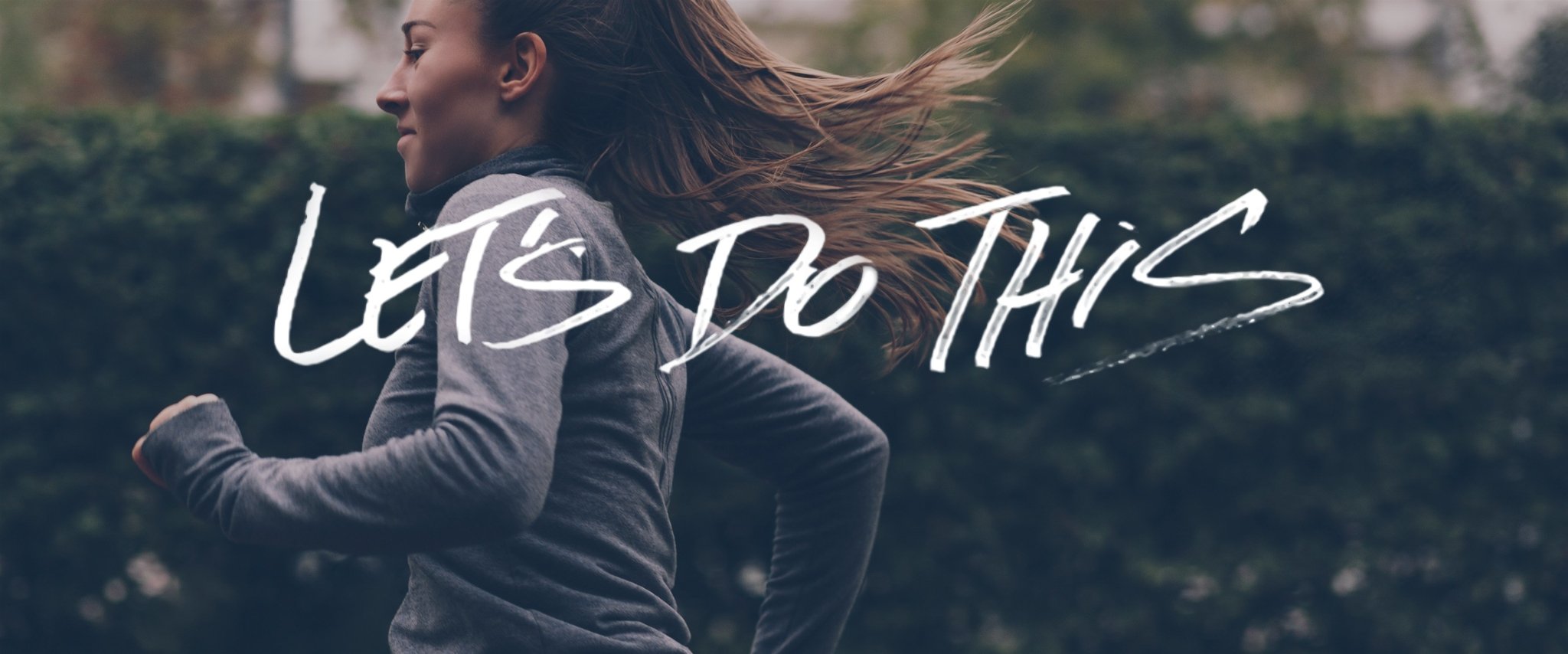Get FREE SHIPPING for orders over 150$ for a limited time!

Every resolution starts with a thought and requires no action. We feel good just by thinking about “losing weight” for example. But when we actually have to exercise, cut calories, or eat a “salad for dinner,” these actions don’t make us feel good, perhaps not as good as the thoughts. Why? Because something more powerful takes over our brains: habits.
Did you know that 40% of what we do happens on autopilot? Habits emerge because the brain is constantly looking for ways to save effort. In other words, the brain will make almost any routine into a habit because it allows our minds to ramp down more often. Habits also emerge without permission, which is why they can be very tricky to change.
In his best-selling book The Power of Habits, Charles Duhigg explain that habits work in 3-step loops: cue, routine, reward.
The cue is what triggers your habit. For example, sitting down to have breakfast at 7am.
The routine is the behaviour you normally engage in – in this case it could be to have a coffee by going over to your coffeemaker and pressing the on button.
Finally, the reward is what you get for completing the routine, such as the wonderful aroma of your coffee and that delicious taste of the first sip.
Your brain’s activity only spikes twice during this activity. First, when it decides which habit to engage in, and then at the end, when the routine is reinforced. That’s how habits are built and the stronger this link gets, the harder it becomes to change them. You can’t extinguish a bad habit, you can only change it by using the same cue, provide the same reward, but change the routine.
Let’s look at the coffee example. You might very well crave it the minute you sit down at your breakfast table, and if you don’t have it, you might be grumpy a good part of the day.
According to Duhigg, the best way to change a habit, is to substitute one part of the loop, the routine, but leave everything else intact. So in the case of the coffee, you could very well switch to decaf, and you’re still getting the same reward, minus the caffeine.
Habits, which can be a really good thing, are connected neurons that produce behaviors—a sort of automatic thinking that strengthens over time. So, eating certain foods or doing certain things can (and will) override our intentions, and eventually our resolutions.

Now, if we work on loosening the connections between those neurons, we’ll have a better chance at controlling our brain, and ultimately, we’ll be able to replace behaviors and habits with a new set that could help us achieve our goals. How can we do that?
One method Dr. Reuben Chen (MD and Vice-President of Sunrider International) recommends is to tackle those pre-wired thoughts through mindfulness. Mindfulness is an ancient practice that helps us be fully present and aware of our senses, so we can see our world and emotions in an unbiased way. It’s like training our brain to remodel our behaviors.
Dr. Chen’s favorite exercises to practice mindfulness are very simple, but you need to do them regularly to cultivate them over time. And, of course, feed your brain right thanks to Sunrider targeted nutrition; this way you can approach any resolution in a mindful way.
THE PRACTICE:
THE SUNRIDER PRODUCTS:
Top® - This unique herbal concentrate is designed with Mentha, an ingredient used in Traditional Chinese Medicine for thousands of years to clear the head. Click here to view this product.
Joi® - A plant-based formula without artificial anything, this concentrated herbal product contains white willow bark, which has been used to reduce joint discomfort due to rheumatic and arthritic conditions. Click here to view this product.
Ese® - A soothing herbal concentrate that contains Japanese pagoda-tree and Cassia seed, both ingredients used in Traditional Chinese Medicine to help ease symptoms such as headaches. Click here to view this product.
Comments will be approved before showing up.
